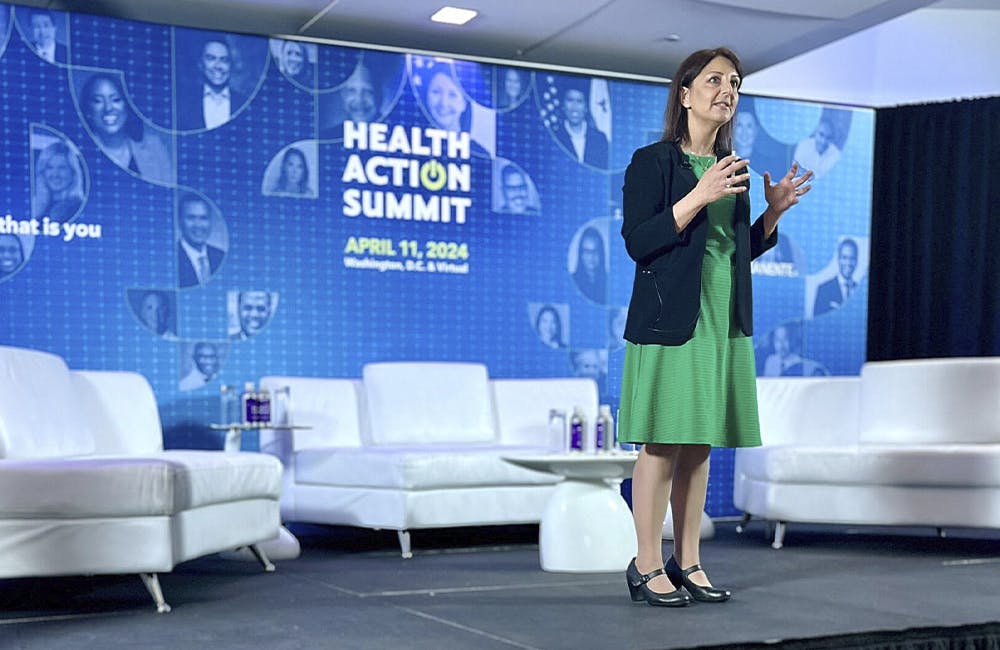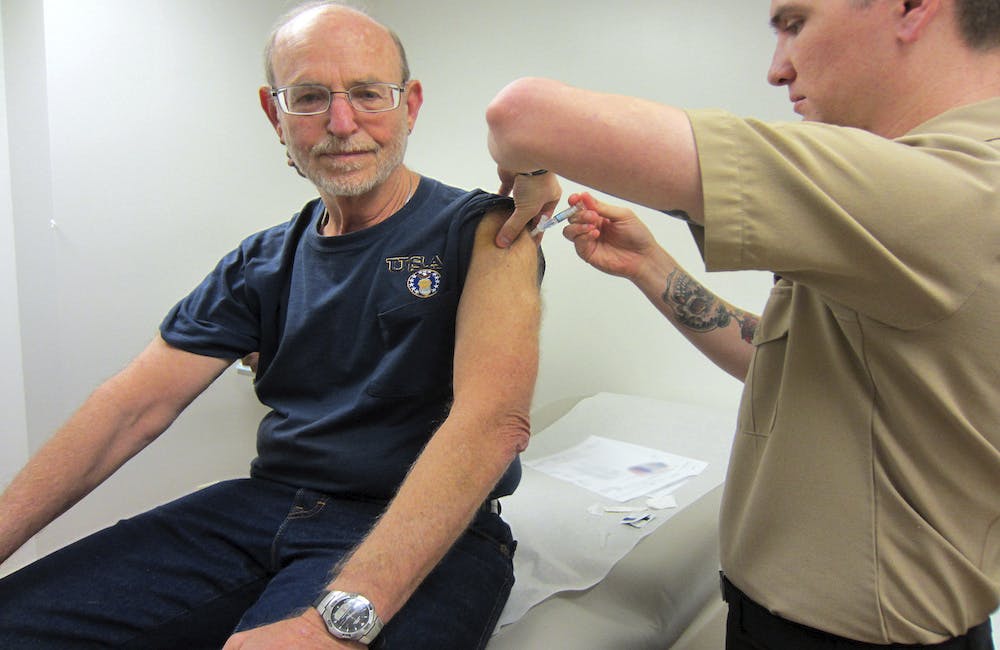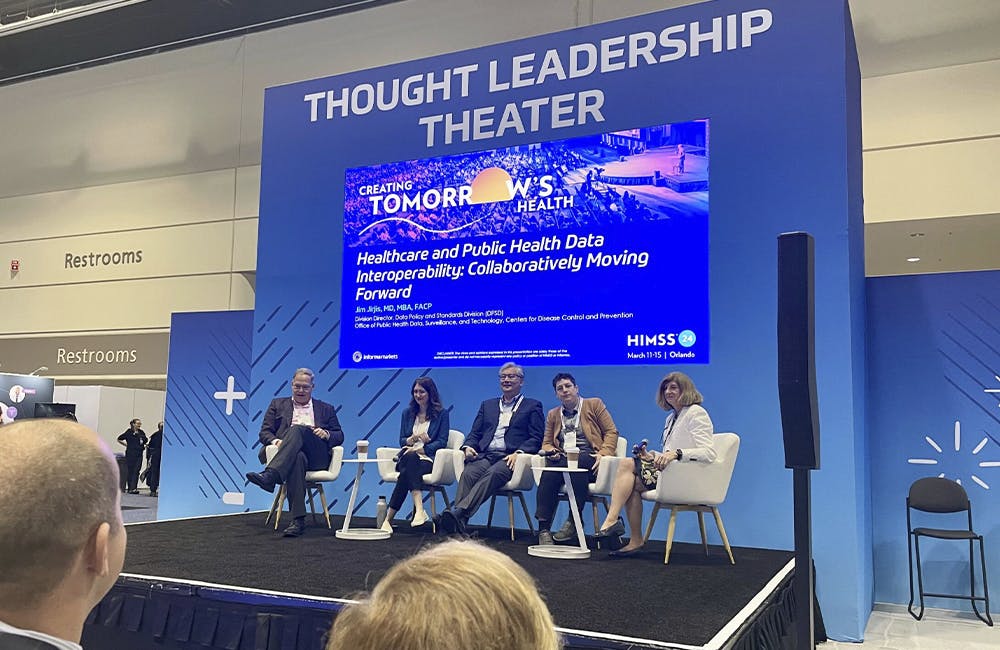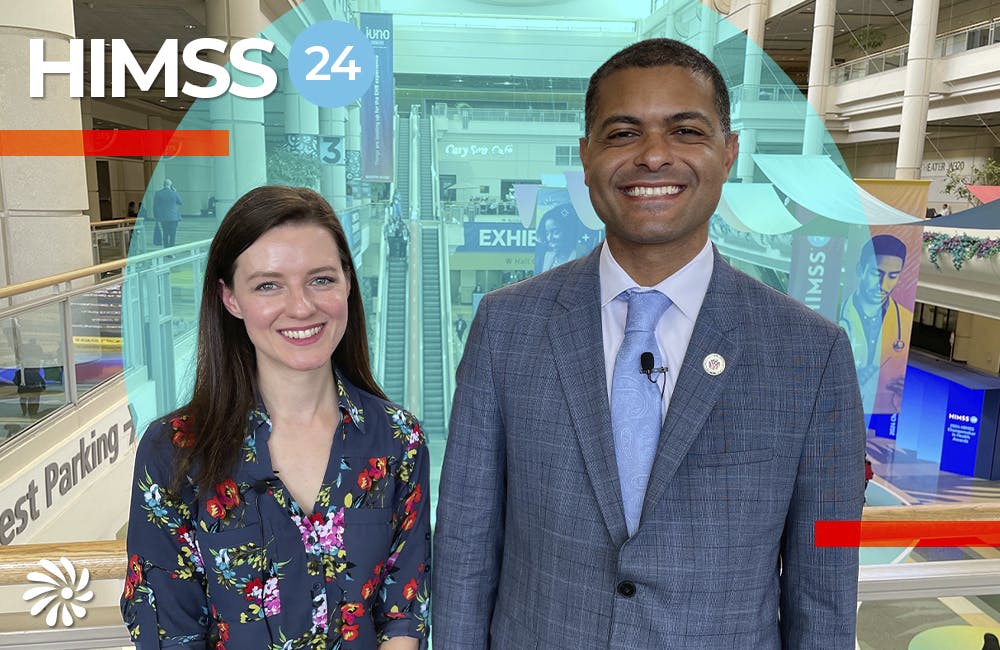Data Modernization Prepares Us for Future Health Crises, CDC Says
The Public Health Data Strategy is one element of a robust plan at CDC to create a modern data ecosystem for managing public health emergencies.

Public health organizations need greater data modernization to act upon lessons learned from the COVID-19 pandemic, health IT leaders said at the annual HIMSS conference in Chicago Wednesday.
“We are at a transformative moment to bring together the technology, the leadership, the resources to actually make the capabilities we need to keep Americans safe going forward,” said Dylan George, director of operations for the Centers for Disease Control and Prevention’s Center for Forecasting and Outbreak Analytics, at a panel. “We are in this transformational moment to build the better data, the better analytics for that better response.”
George leads a somewhat new office established in 2021 to improve the nation’s ability to prepare for and respond to infectious disease threats with data and analytics.
It’s just one example of the agency’s broader effort to modernize and better serve the public with real-time data. Another new office — the CDC’s Office of Public Health Data, Surveillance, and Technology led by Jennifer Layden — is also contributing to the effort by owning the Public Health Data Strategy.
In the data modernization context, George’s office is trying to improve the analytics to translate results to decision-makers. Layden’s office is more focused on getting the better data to begin with.
“We’re pulling together not just the data on the systems, but technology aspects in data policy standards, and recognizing that we can have the greatest technology out there, but we also have to address the policy, the processing, the governance,” Layden said during the panel. “It’s critical that we incorporate end-user design principles and really understand what the end user needs.”
Partnerships will play a critical role to enable the data modernization ecosystem in public health. What most have not historically considered, especially in the context of the pandemic, is that CDC is only one cog to the machine.
“Much of the information and control, and really authority, lies within state and local health jurisdictions. We like to yell at the CDC a lot … but the reality is, they can only give us back information that they’re able to get in,” said Dr. Anne Zink, chief medical officer at the Alaska Department of Health. “It’s going to take all of us to solve this problem. … Do you ask the Department of Transportation to make Google Maps?”
Zink pointed to the example of having key information like the weather, maps and traffic analysis to be able to make real-time decisions about her estimated time of arrival for this panel appearance. The same should be said for public health decisions.
“We use data all the time, but at the state level, I had to put National Guard in our lab to enter one positive [COVID] test into three separate systems,” she said. “This is not a technology issue, this is a policy issue and this is a priority issue.”
Over the next two years, CDC leaders including Layden will focus on various milestones within the new Public Health Data Strategy to tackle some of these data issues and ensure the industry works together to make core data more accessible and interoperable for decision-makers.
In the face of future challenges, such as another pandemic, public health officials expect this plan to establish infrastructure to improve government response at all levels.
“We will have another pandemic,” George said. “We need these systems to be ready, we need these systems to be more robust, and we need these systems to keep Americans safe in a time of crisis.”
This is a carousel with manually rotating slides. Use Next and Previous buttons to navigate or jump to a slide with the slide dots
-

CDC Updates Public Health Data Strategy
Accelerating data sharing through capabilities like electronic case reporting make up a large portion of the new two-year plan.
3m read -

VA Kicks Off EHR Program at Joint Facility with DOD
The agency's Dr. Neil Evans briefed how the Oracle-Cerner program rollout in North Chicago is informing next steps in EHR modernization.
4m read -

Health Agencies Tout Standards in Data Sharing, Interoperability
Officials from CMS, ONC and HHS spoke about data standards and how to help smaller health organizations make modernization progress.
3m read -

VHA Preparing for AI, Interoperable Future
The agency is spearheading initiatives to expand health care to veterans, including emerging technology and electronic health records.
6m watch








